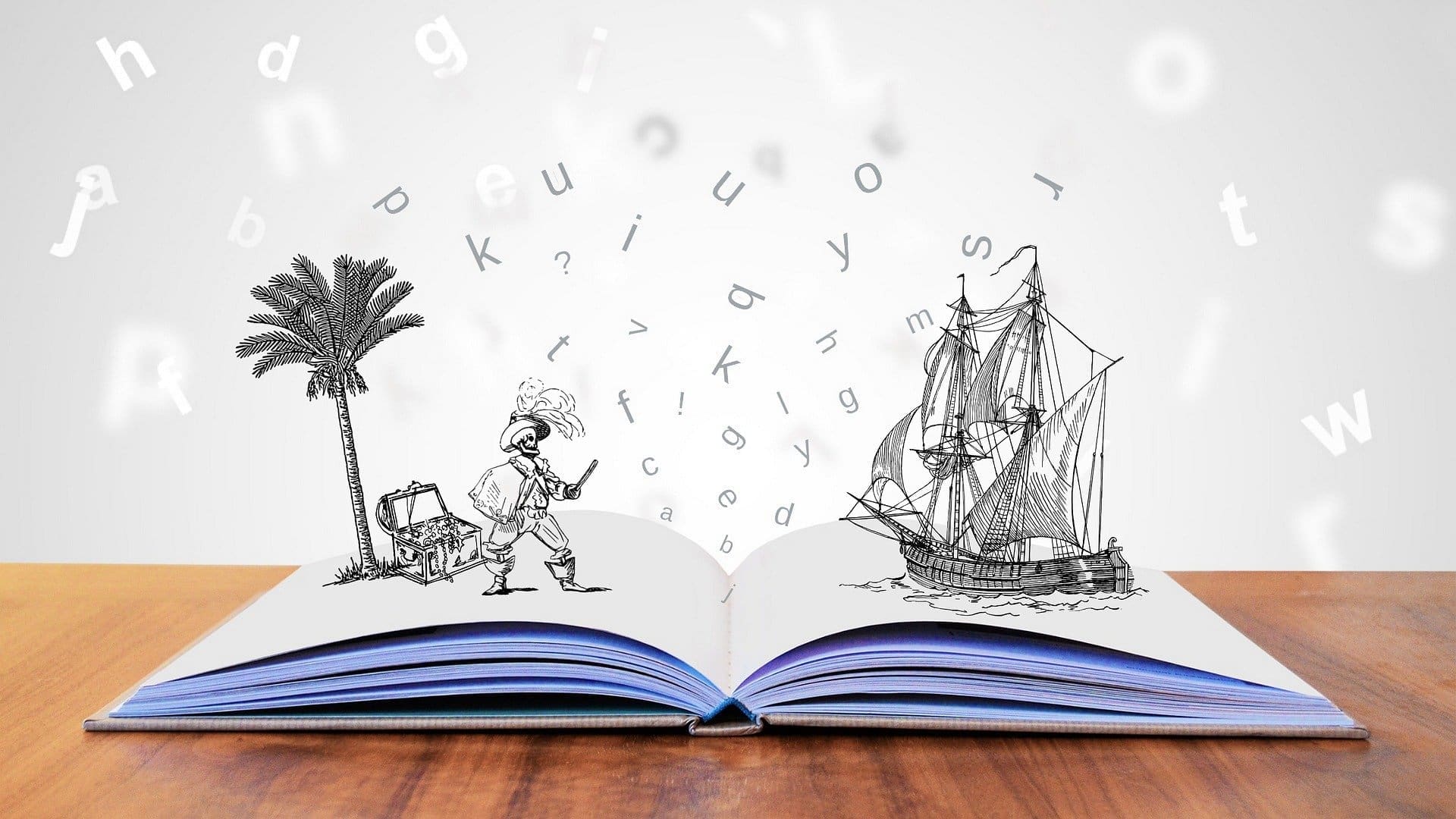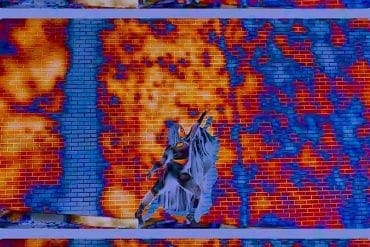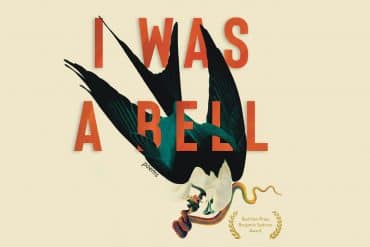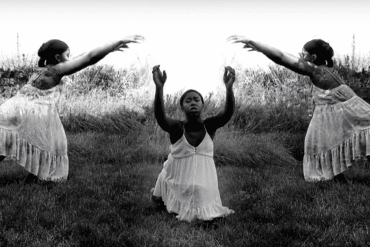”As of January, 2022 The AutoEthnographer Literary & Arts Magazine is recognized by the United States Internal Revenue Service as a registered nonprofit organization with the mission of becoming a trusted, open-source platform to share and educate readers about evocative personal inquiry, to support emerging authors and artists, to promote cultural diversity and appreciation, and to celebrate creative expression as a vehicle for shared understanding.”
JoinedJune 10, 2021
Articles53
Comments3
Founder and Editor-in-Chief of The AutoEthnographer, Dr. Marlen Elliot Harrison is an instructor in the fields of English and Education whose autoethnographic writing has appeared in a diverse array of publications including Writing on the Edge, Reflections on English Language Teaching, The Qualitative Report, and Qualitative Research in Psychology. As a journalist, Marlen was the managing editor of the international beauty website, Fragrantica, as well as contributor to publications such as Playboy, Business Insider, The Wall Street Journal, ESL Magazine, The New York Times, Basenotes, The Language Teacher, and Men’s Health. As an academic and cultural researcher, Marlen has enjoyed contributing to projects at Smithsonian’s National Museum of the American Indian, Finland’s University of Jyväskylä, and the Japan Association for Language Teaching. Having taught and guest-lectured at leading institutions such as Doshisha University (Japan), Florida International University (USA), and University of Helsinki (Finland), Marlen is currently pursuing an MFA in Creative Writing from Southern New Hampshire University where he also teaches in the online MA English programs. Having called Japan, UK, Malta, and Finland home, he now lives in Florida with his husband and dog. Learn more at http://marlenharrison.com.
In this new issue from The AutoEthnographer, we highlight work from authors and artists in the USA, Finland, Bangladesh/Canada, Chile/USA, and India.
"I’ve already resisted that scholarship is not creative and poetry is not part of my scholarly self. I think the idea of autoethnography allows for that cultural divide between the creative and academic to be really disrupted."
Marlen Harrison·
All ContentAutoethnographic Art & MultimediaEducationFrom the EditorsMoreReflections on MethodVolume 2, Issue 1 (2022)
··5 min read"In this brief, animated autoethnography, I utilize the concept of a sociocultural third space to consider why evocative autoethnography can benefit from its own literary and arts journal."
"Throughout the first week of January, 2022, the International Association of Autoethnography and Narrative Inquiry (IAANI.org) will hold their International Symposium on Autoethnography and Narrative (ISAN) as an online conference."
Volume 1, Issue 2, Summer 2021
"It is in finding these solutions, the tape and the glue that holds us all together, that we find the beauty of who we are as people."
"Congratulations to Shanita Mitchell, Editorial Board member of The AutoEthnographer and multimedia artist, for her recognition by the International Association of Autoethnography and Narrative Inquiry (IAANI)."
New Issue! Volume 1, Issue 1, Summer 2021
"When I review evocative autoethnography I look for that layer in the contribution that will entertain and connect to a cultural issue."
"As fragrance, and perfume in particular, has played a major role in the shaping of my writer’s voice, and participation in cultures of fragrance has had a major impact upon my identity, it is impossible to situate myself outside of these cultures. It is because of this privilege of “insider identity” within the global fragrance community and my natural inclination towards narrative research that I turned to autoethnography."
"This journal is the culmination of my life’s work as a writing teacher, writer, and farmer. In the pages of this journal, you will find coverage for everything from raising chickens to jam recipes to poetry about farming and Nature."














